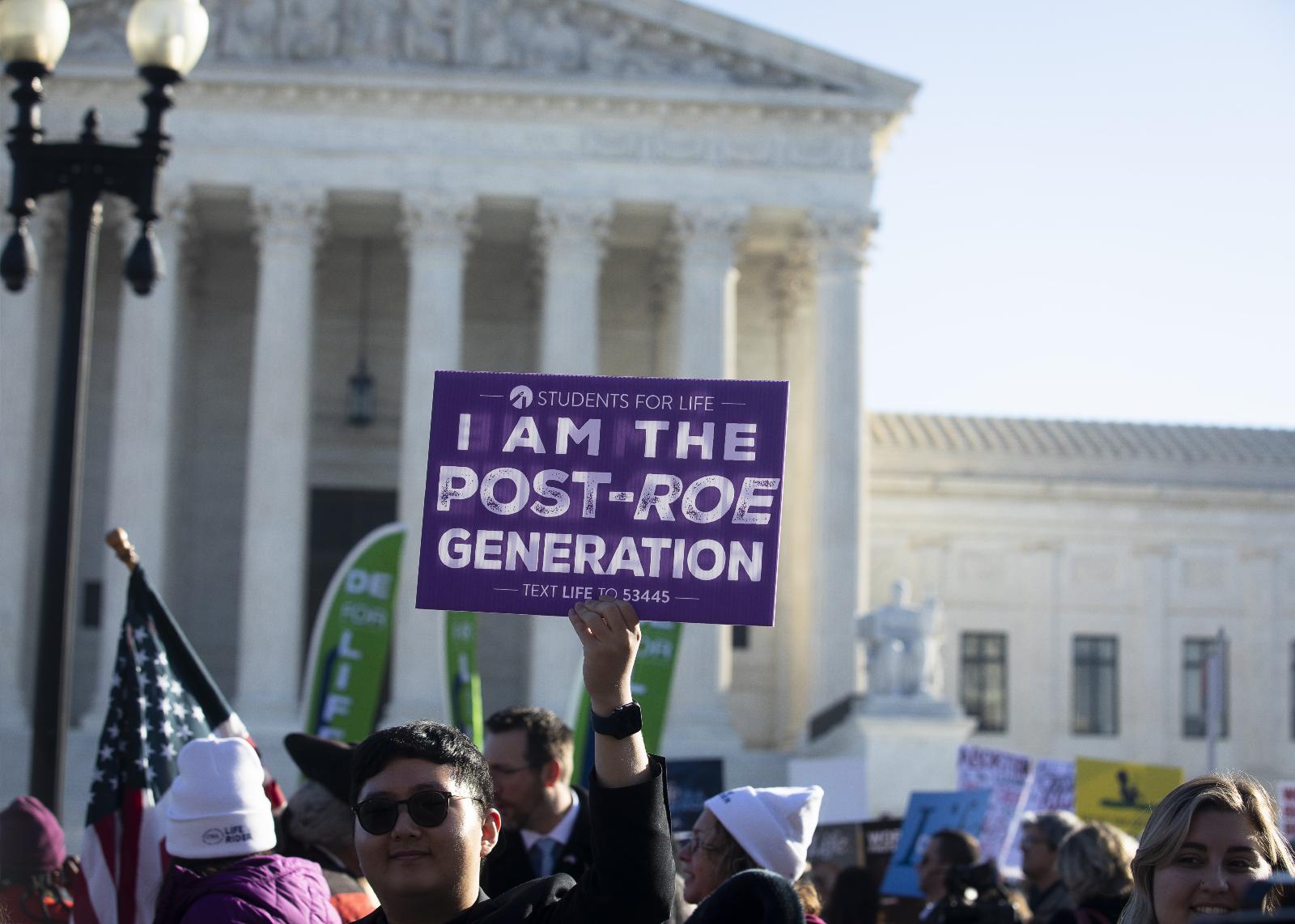The annual US March for Life is to go ahead, despite the spread of the omicron Covid variant.
The march is scheduled for 21 January, the eve of the anniversary of the 1973 Supreme Court decision, Roe v Wade, legalising abortion nationwide. Many pro-life activists believe it is possible the nation’s highest court will repeal the ruling.
Last month, the court heard oral arguments in a case involving a Mississippi law that bans abortions after 15 weeks, when an unborn child is believed to feel pain. The state’s only abortion clinic is challenging the law, even though it refuses to perform abortions after 16 weeks. The current nationwide standard for legal limits on the procedure is viability, usually held to be 24 weeks of pregnancy.
If the Supreme Court does roll back its prior rulings, it will be up to state legislatures to modify the legal standards in their states. In Kansas, a referendum is scheduled for 2 August that would alter the state’s constitution to explicitly empower the state legislature to adopt any restrictions on abortion it wants. A similar proposal will go to the voters of Kentucky in November.
Arkansas, Louisiana, Tennessee and West Virginia already have passed constitutional amendments making it clear their state constitution does not guarantee a right to an abortion, which would permit regulation of or banning the procedure by the state legislature.
Some states have never rescinded their abortion bans which were invalidated in 1973 and so those laws would go back into effect if the court overturned Roe. Nine states currently have restrictions that were invalidated by federal courts, but which would be reinstated depending on the reach of the forthcoming decision.
Fifteen states have laws that effectively codify the right to an abortion established by Roe; if the Supreme Court overturns Roe, it would have no practical effect in those states. Two of the 15 states, plus the District of Columbia, have laws that go further than Roe, barring any restriction whatsoever on abortion.
The Supreme Court is expected to render its decision at the end of the current term in June. Court watchers predict a solid four votes in favour of overturning Roe with three justices expected to vote to retain it. Chief Justice John Roberts and Justice Amy Coney Barrett might support allowing greater restrictions without entirely overturning Roe or join the four justices solidly opposed to Roe.



 Loading ...
Loading ...